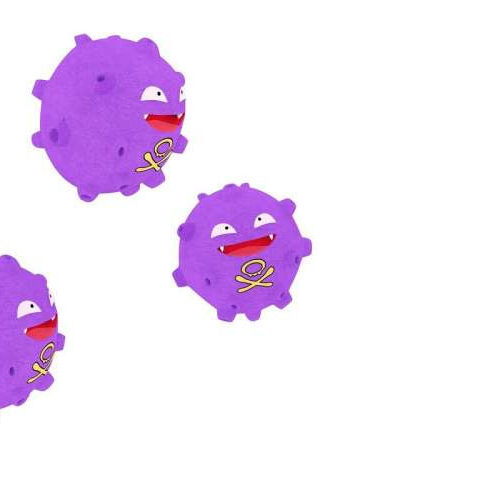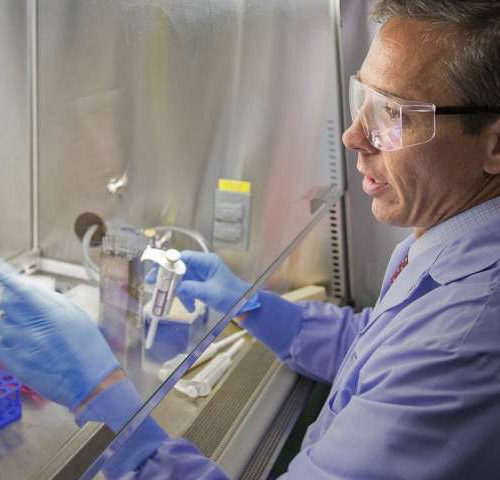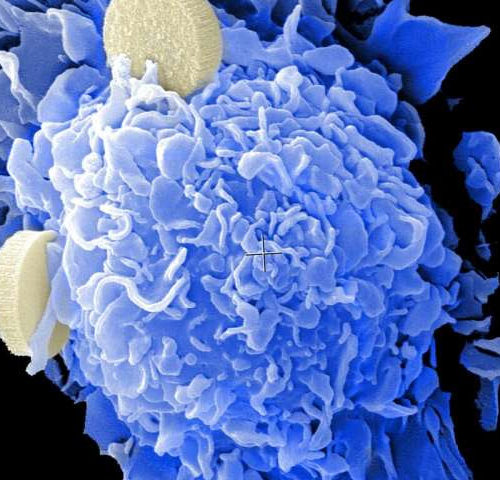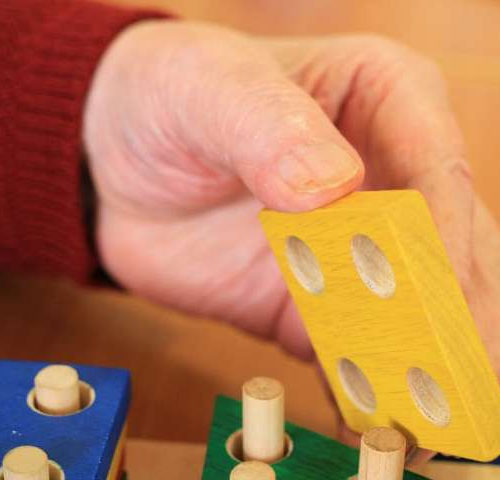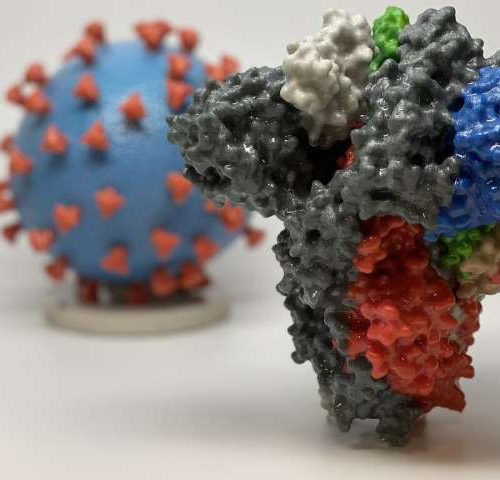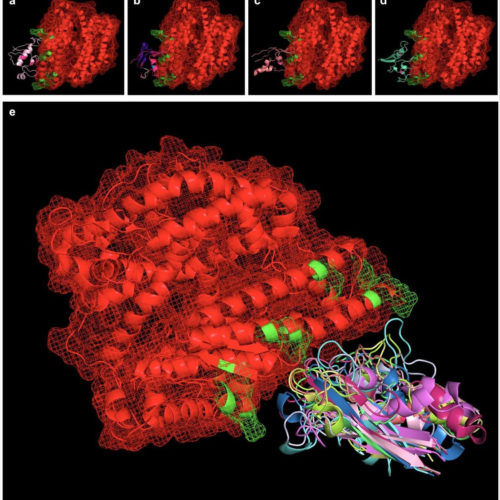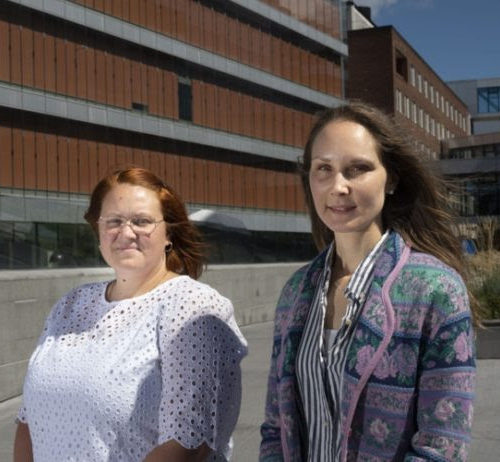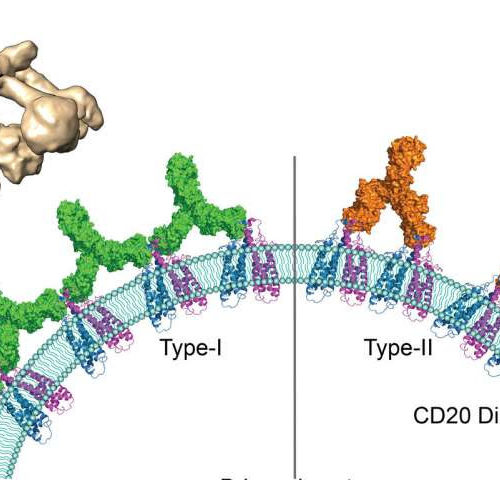by Eric Hamilton, University of Wisconsin-Madison University of Wisconsin-Madison scientists have discovered that a majority of back-pain patients they tested who were taking opioid painkillers produced anti-opioid antibodies. These antibodies may contribute to some of the negative side effects of long-term opioid use. Existing antibodies may also limit the benefit a patient receives from an...
Tag: <span>Immune system</span>
Autoimmune diseases in ALS patients linked to genetic mutation
by Sarah Lichtman, Cedars-Sinai Medical Center A study published today in the journal Nature could help explain why certain people who develop amyotrophic lateral sclerosis (ALS), a deadly neurological disorder also known as Lou Gehrig’s disease, are prone to autoimmune diseases. ALS, which has no known cure, causes progressive degeneration of nerve cells in the...
A metabolic enzyme as a potential new target for cancer immune therapies
by German Cancer Research Center The metabolic enzyme IL4I1 (Interleukin-4-Induced-1) promotes the spread of tumor cells and suppresses the immune system. This was discovered by scientists at the German Cancer Research Center (DKFZ) and the Berlin Institute of Health (BIH). The enzyme that activates the dioxin receptor is produced in large quantities by tumor cells....
How COVID-19 might increase risk of memory loss and cognitive decline
by Natalie C. Tronson, The Conversation Of all frightening ways that the SARS-COV-2 virus affects the body, one of the more insidious is the effect of COVID-19 on the brain. It is now clear that many patients suffering from COVID-19 exhibit neurological symptoms, from loss of smell, to delirium, to an increased risk of stroke....
Study reveals immune-system paralysis in severe COVID-19 cases
by Stanford University Medical Center 3D print of a spike protein of SARS-CoV-2, the virus that causes COVID-19–in front of a 3D print of a SARS-CoV-2 virus particle. The spike protein (foreground) enables the virus to enter and infect human cells. On the virus model, the virus surface (blue) is covered with spike proteins (red)...
Cutting edge synthetic peptides block SARS-CoV-2 (COVID-19)
By Sally Robertson, B.Sc. Researchers at Ligandal Inc., the University of California San Francisco and Toyota Technological Institute at Chicago, have designed novel synthetic peptides that potently inhibit the ability of severe acute respiratory syndrome coronavirus 2 (SARS-CoV-2) to infect host cells. The team’s SARS-BLOCK™ peptides competitively inhibit the receptor-binding domain (RBD) on the SARS-CoV-2...
CAN BOOSTING THE IMMUNE SYSTEM TREAT COVID-19?
Boosting the immune system could offer a potential treatment strategy for COVID-19, according to a new study. As the COVID-19 pandemic continues to claim lives around the world, much research has focused on the immune system’s role in patients who become seriously ill. A popular theory has it that the immune system gets so revved...
Promising new treatment of advanced skin cancer
A new type of immunotherapy for the skin cancer malignant melanoma shows promising results. Three severely ill patients are now long-term survivors. The study, published in OncoImmunology, is the result of a collaboration between researchers at Karolinska Institutet and Karolinska University Hospital. “Immunotherapy is based on activation of the body’s own immune defense to eliminate...
The behavior of therapeutic antibodies in immunotherapy
by CNRS Human antigen CD20 molecules (blue and pink) expressed on the surface of B cells are recognised by type 1 (green), and type 2 (orange) therapeutic antibodies. Only type 1 antibodies can potently recruit complement C1 component (light brown) to elicit complement pathway. Credit: Nicolas Reyes Since the late 1990s, immunotherapy has been the...
Researchers discover the microbiome’s role in attacking cancerous tumours
by University of Calgary Researchers with the Snyder Institute for Chronic Diseases at the Cumming School of Medicine (CSM) have discovered which gut bacteria help our immune system battle cancerous tumors and how they do it. The discovery may provide a new understanding of why immunotherapy, a treatment for cancer that helps amplify the body’s...

